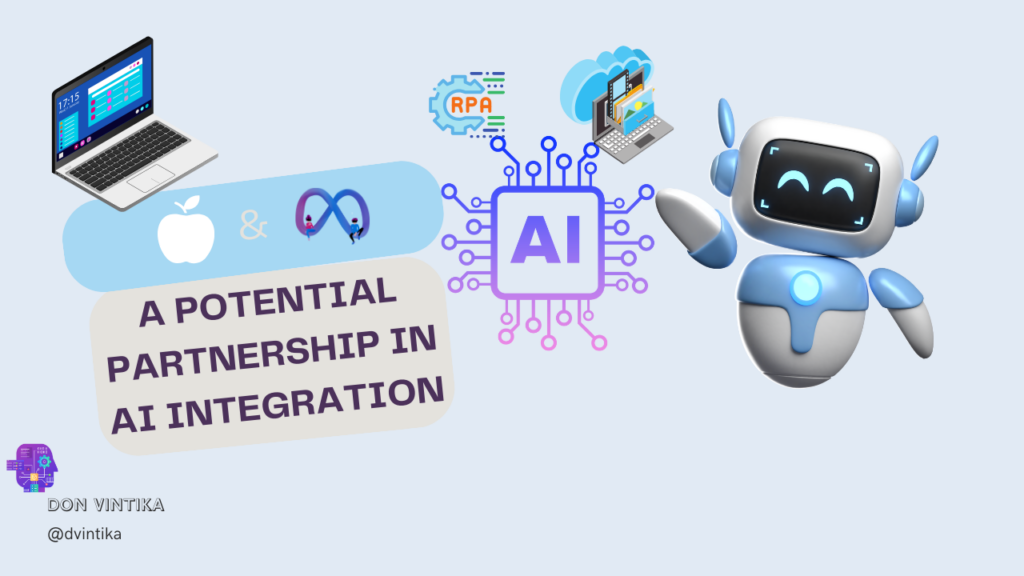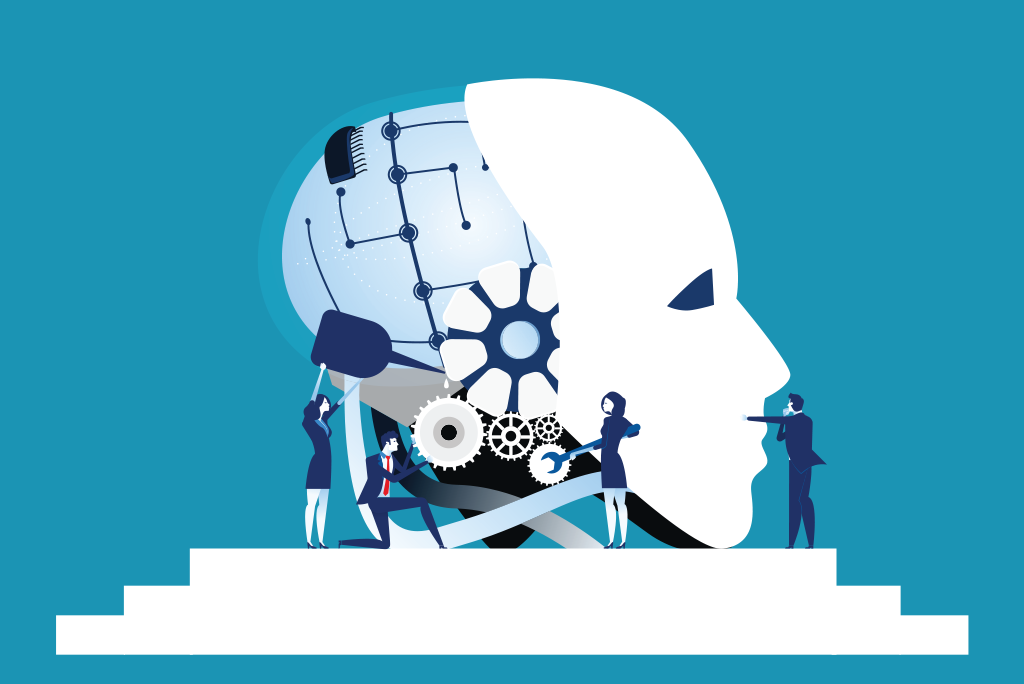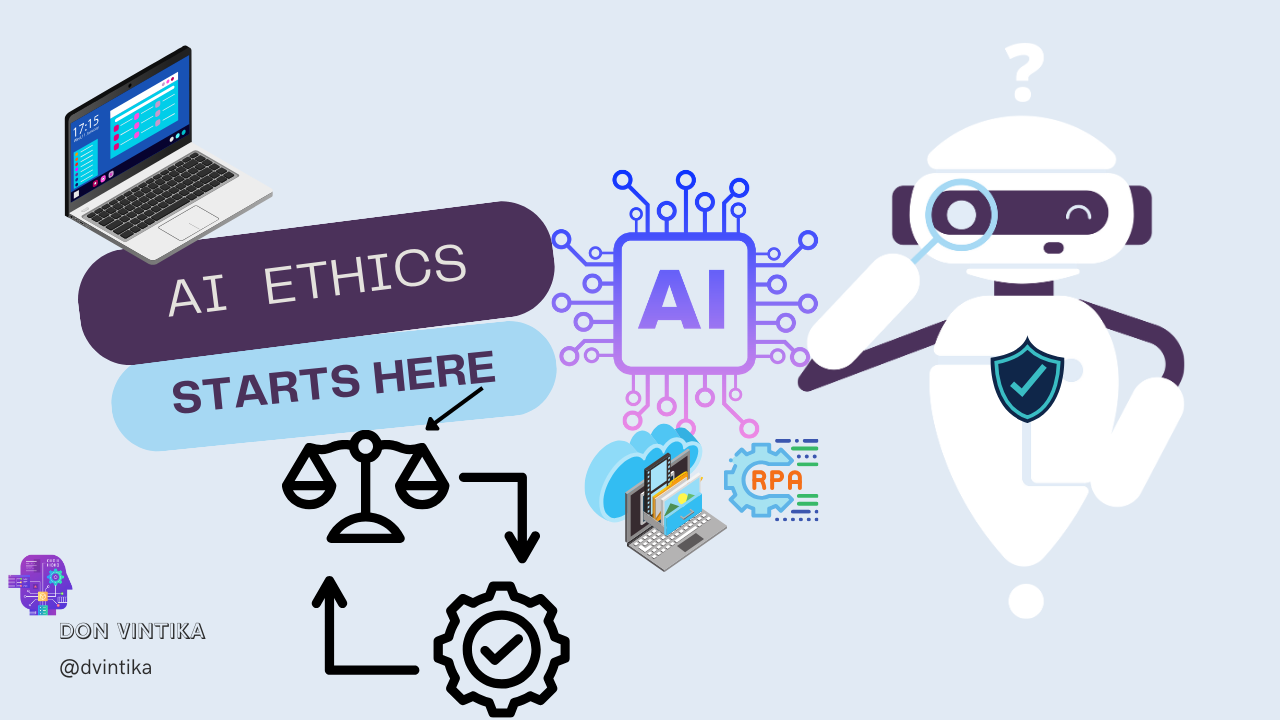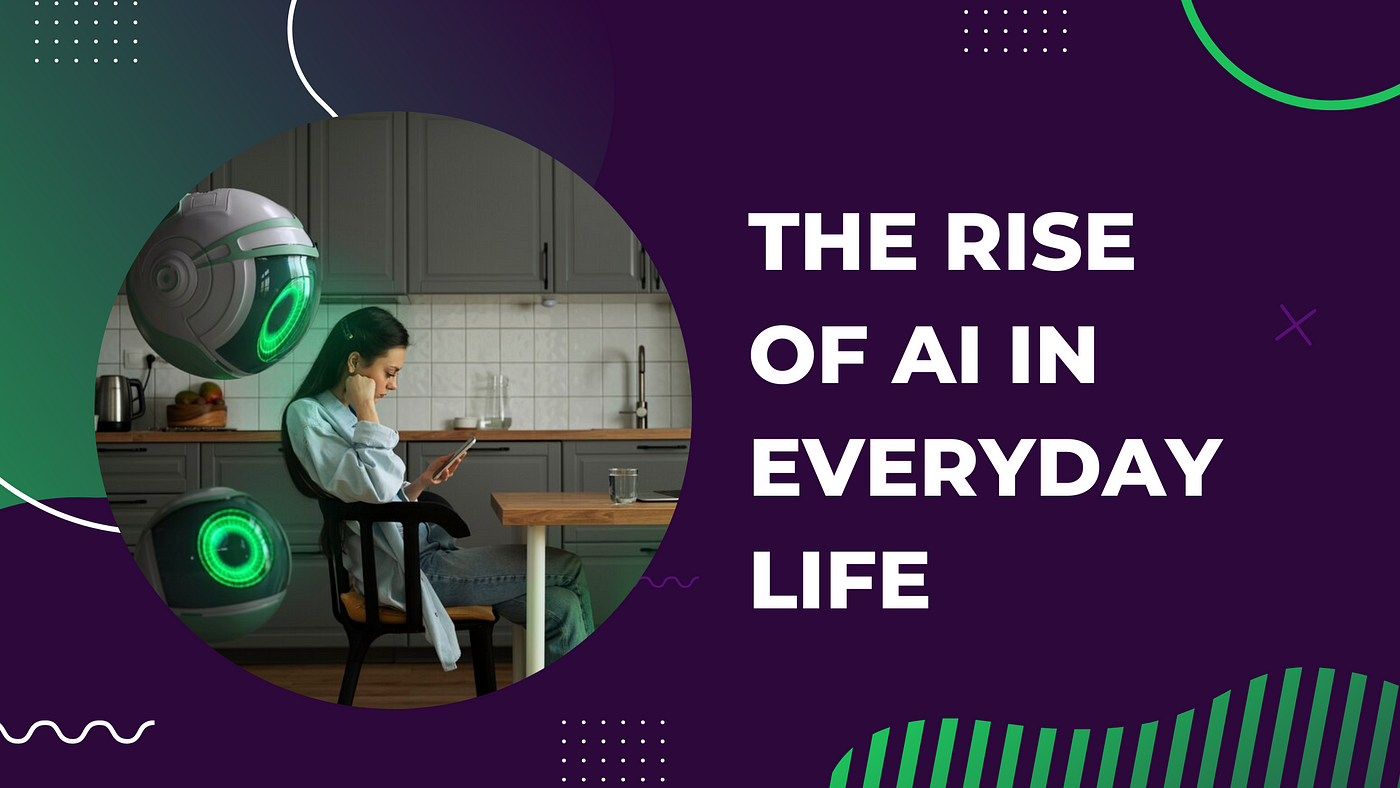Artificial intelligence (AI) technology is advancing quickly, which presents both significant opportunities and difficulties. There has never been a greater pressing need for strong governance frameworks and ethical considerations as AI systems are progressively integrated into all facets of life. The main ideas of AI governance and ethics are explored in this article, along with their importance, present applications, and potential futures.
The Imperative for Ethical AI
The creation and application of artificial intelligence systems in a way that upholds moral standards and fosters beneficial social effects is known as ethical AI. This entails making certain that AI systems function ethically, equitably, and transparently. The ethical challenges surrounding AI are numerous and include things like

4. Autonomy and Control
AI systems could have a big impact on many facets of human life. By ensuring that these systems are built to support human autonomy, ethical AI makes sure that people can make educated decisions and maintain control over how they engage with AI technologies.
AI Governance: Frameworks and Strategies
The laws, rules, and procedures that direct the creation and application of AI technologies are referred to as AI governance. Good governance makes that AI systems are created and applied ethically, taking into account the effects they may have on society. Important elements of AI governance consist of
1. Regulatory Frameworks
Regulations that tackle the particular difficulties presented by AI are becoming more and more necessary, as acknowledged by governments and international organizations. AI-related rules are included in the General Data Protection Regulation (GDPR) of the European Union, for instance, such as the right to an explanation of automated decisions. Comparably, the proposed Artificial Intelligence Act from the EU seeks to create a thorough legal framework for AI by dividing systems into risk categories and placing more stringent regulations on high-risk applications.
2. Ethical Guidelines and Principles
AI ethics standards and principles have been produced by a number of organizations and institutions. For example, the AI Now Institute’s suggestions and the IEEE’s Ethically Aligned Design approach concentrate on developing AI systems that adhere to moral principles. Principles like responsibility, inclusivity, and human rights are frequently highlighted in these rules.
3. Governance Bodies and Oversight
The creation of specialized governing bodies can aid in supervising the advancement and application of AI. These organizations may consist of regulatory bodies, interdisciplinary expert teams, and independent ethics committees that assess AI systems and make sure they adhere to moral guidelines. They play a critical role in tackling new problems and making sure AI technologies are in line with society norms.

4. Industry Standards and Best Practices
Industry standards and best practices are essential to AI governance, in addition to legal and moral restrictions. AI system design, testing, and deployment frameworks are created by organizations like the Institute of Electrical and Electronics Engineers (IEEE) and the International Organization for Standardization (ISO). Organizations can make sure that their AI systems are trustworthy, equitable, and compliant with moral standards by implementing these requirements.
1. Global Consistency
The effects of AI technology are felt worldwide, yet local ethical and legal norms differ. While difficult, achieving international coherence in AI governance is necessary to address transnational problems. Global framework development and international cooperation can help coordinate efforts and guarantee that AI technologies are effectively managed globally.
2. Evolving Technology
Artificial Intelligence is a rapidly developing discipline that constantly sees new developments. Ethics codes and governance structures need to be flexible to keep up with technology advancements. In order to handle new risks and possibilities, policies and standards must be continuously monitored and updated.
3. Public Engagement
Establishing public dialogue on AI ethics and governance is essential to fostering confidence and guaranteeing that AI systems conform to society norms. Greater understanding and collaboration between technologists and the larger community can be fostered through public consultations, educational efforts, and transparent communication.










Leave a Reply